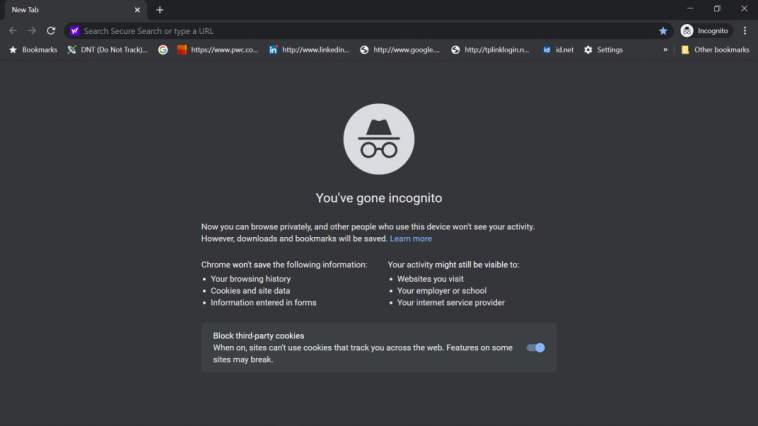


In her order, Judge Koh said Google has not demonstrated that users agreed to being tracked while in private browsing mode, particularly since Google’s privacy policies do not clarify the privacy limitations of Incognito Mode or explain that Google and other entities may still use third party cookies and collect browser analytics such as IP addresses and screen dimensions. The lead plaintiffs ask that each class member receive at least $5,000 in civil damages for multiple CIPA violations. Īt the time, Reuters reported the lawsuit sought at least $5 billion in damages-alleging a putative class in the millions-and accusing Google of violating several federal wiretapping statutes and the California Invasion of Privacy Act (“CIPA”). The ruling comes as Google, Apple, and other companies continue to face heightened scrutiny from lawmakers over their data gathering policies. Google, brought in June of 2020, when three Chrome users filed a complaint alleging Google operates a “pervasive data tracking business,” and asserting that Google’s tracking persists even when users take affirmative steps to protect their private information, such as using Incognito Mode. The decision keeps alive a lawsuit, Brown v. The decision is a small victory for privacy activists and a setback for Google, because it effectively dispenses with the tech giant’s argument that users consented to its data collection practices because users were supposedly aware of what data is tracked from notices displayed in Chrome when users open a “new tab” while in Incognito Mode. District Court Judge Lucy Koh rejected Google’s bid to dismiss a class action lawsuit alleging Google surreptitiously tracks users of its popular Chrome browser while users browse in “Incognito” mode.


 0 kommentar(er)
0 kommentar(er)
